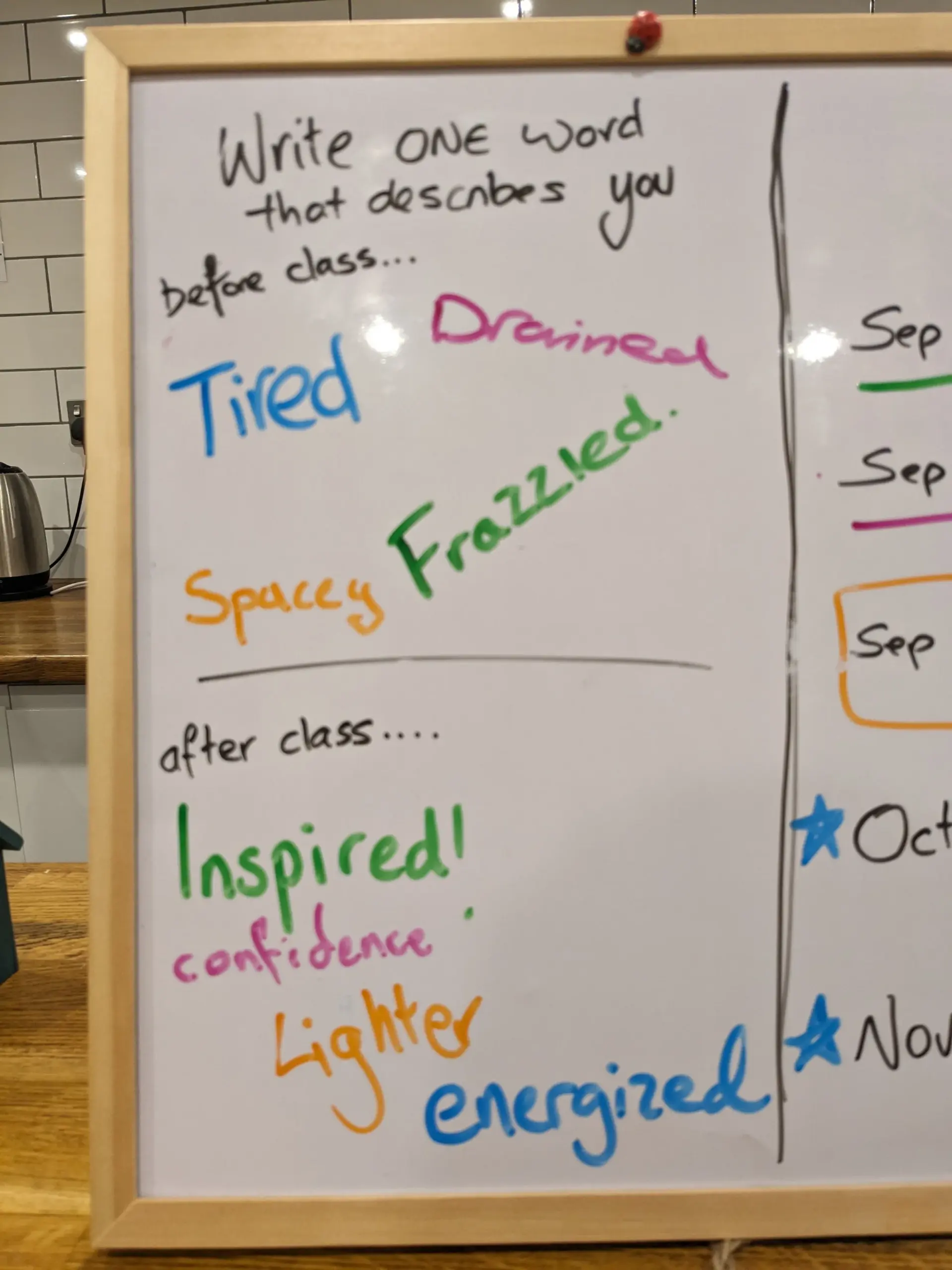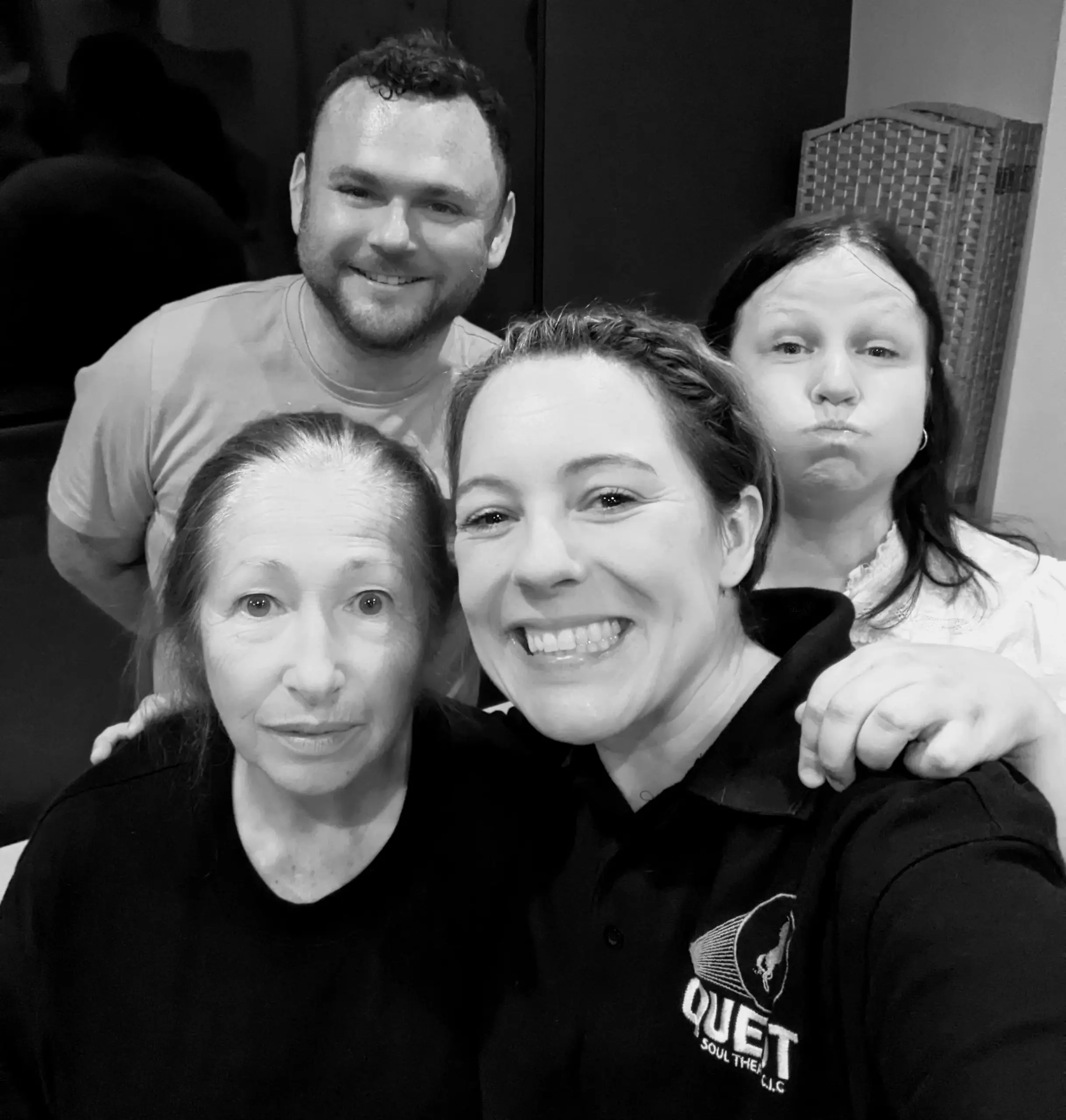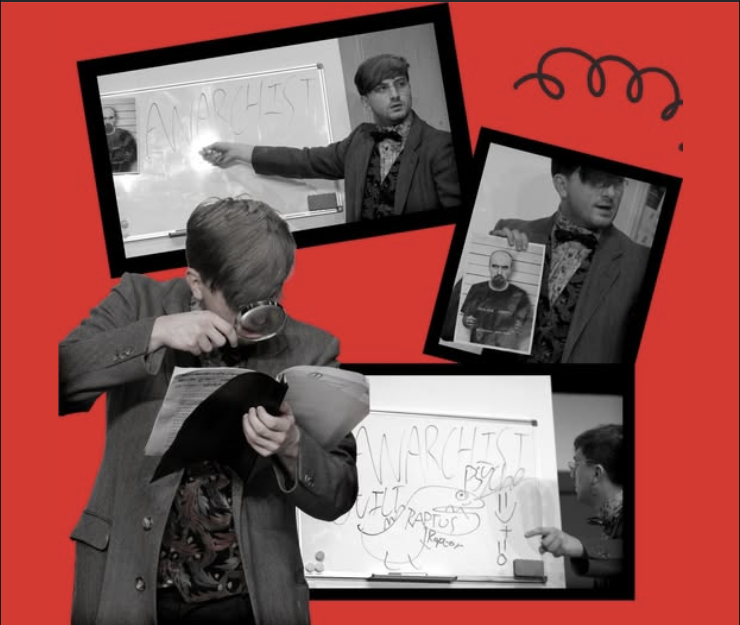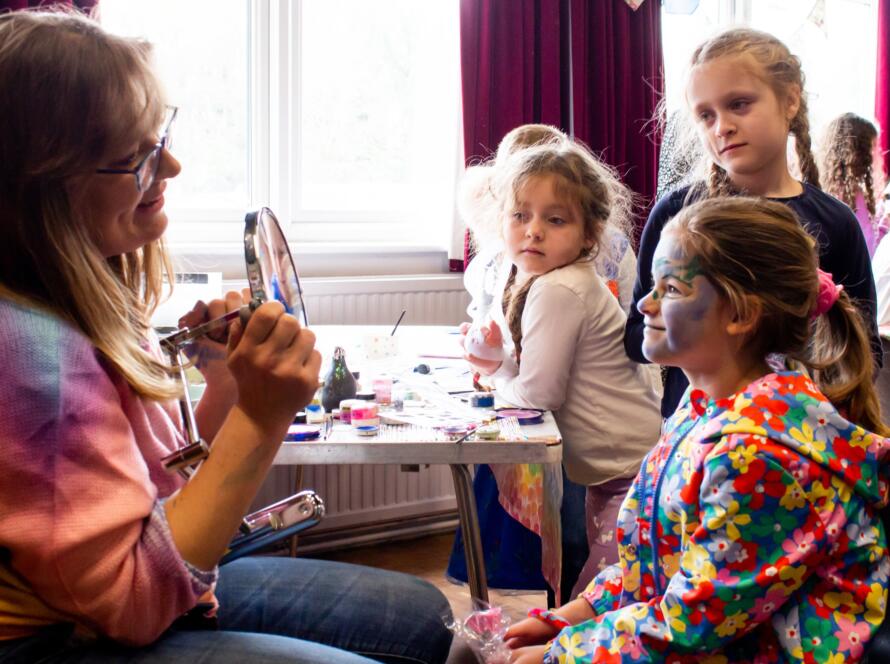Happiness is a complex and elusive emotion that has intrigued philosophers, scientists, and artists for centuries. While there is no one-size-fits-all formula for happiness, there are various methods to evaluate and enhance it. One surprising avenue for exploring happiness is through the world of drama and theatre. In this post, we will delve into how evaluating happiness through drama can provide valuable insights into our emotional well-being and how this data can be harnessed to improve our overall quality of life.

Audition Techniques: 15/09/23
Small but Mighty #fridaynightquest
The Power of Drama
Drama, both in the form of live performances and scripted narratives, has the remarkable ability to reflect and elicit human emotions. It allows us to step into the shoes of characters, experience their joys, sorrows, and conflicts, and, in the process, connect with our own emotions on a deeper level. Here’s how drama contributes to the evaluation of happiness:
Empathy and Perspective: Drama encourages empathy by immersing us in the lives and emotions of fictional characters. When we relate to their experiences, we can better understand our own feelings and those of others.
Catharsis: Watching or participating in dramatic performances can be cathartic, providing an emotional release that helps us process our own feelings and find relief from stress or sadness.
Self-Reflection: Drama often deals with universal themes like love, loss, and personal growth. By examining these themes through the lens of a play or movie, we can reflect on our own lives and seek insights into our happiness.
Evaluating Happiness Through Drama
Emotional Feedback: Our emotional reactions to dramatic performances can offer valuable insights into our own happiness levels. For example, if a particular play leaves you feeling uplifted and joyful, it might indicate that you resonate with its themes of happiness and contentment.
Identification with Characters: The characters we identify with in a drama can reflect our own desires, struggles, and aspirations. Analyzing which characters resonate with us can shed light on our own emotional state and what we value in life.
Storylines and Resolutions: Examining the storylines and resolutions of dramatic narratives can help us evaluate our own approach to happiness. Do we relate more to stories of personal growth and self-discovery, or do we find satisfaction in stories of perseverance and triumph over adversity?

I think this image speaks for itself….
Using Data to Improve Wellbeing
Once we’ve gathered data on our emotional responses to drama and our identification with characters and storylines, we can take concrete steps to enhance our wellbeing:
Self-awareness: Understanding how we respond to different dramatic scenarios allows us to become more self-aware. We can pinpoint the areas of our lives that require attention and make necessary changes.
Therapy and Healing: Drama can be a therapeutic tool in itself, but it can also help us identify unresolved emotional issues. Seeking professional therapy or counseling can further address these concerns.
Goal Setting: Reflecting on the characters and storylines that resonate with us can help us set meaningful life goals. By aligning our aspirations with our values, we can work towards a happier and more fulfilling life.
Evaluating happiness through drama is a unique and creative approach to understanding our emotional well-being. It allows us to explore our own emotions, empathize with others, and gain valuable insights into our lives. By harnessing this data, we can make informed decisions to improve our overall quality of life, promote self-awareness, and strive for a happier and more fulfilling existence. So, the next time you watch a play or read a gripping novel, pay attention to the emotions it evokes—it might just lead you on a path to greater happiness and self-discovery.








